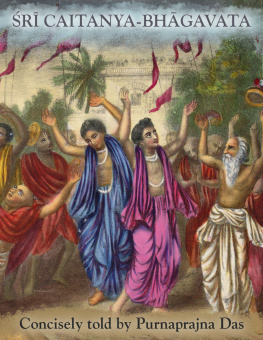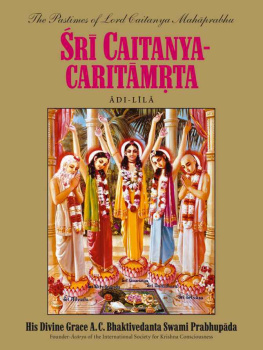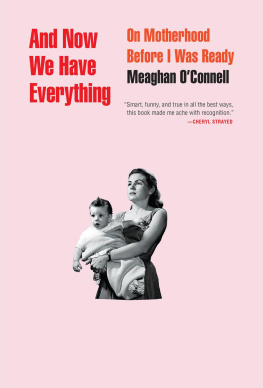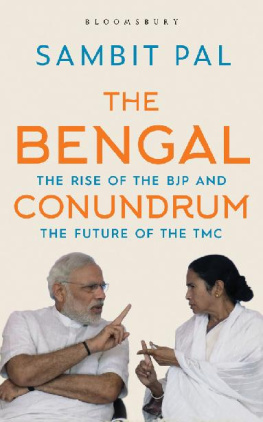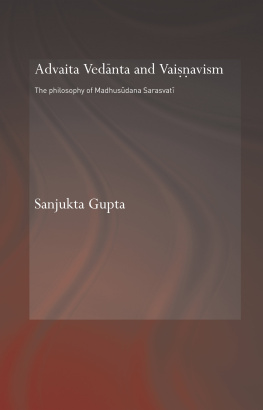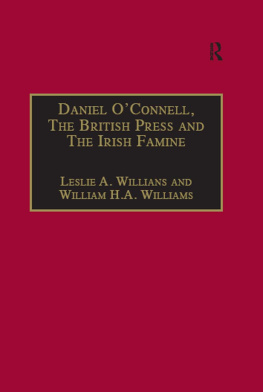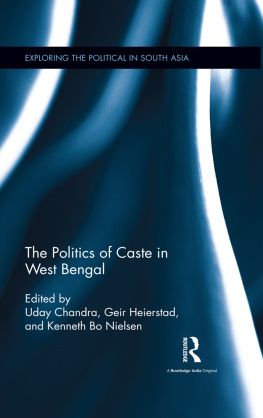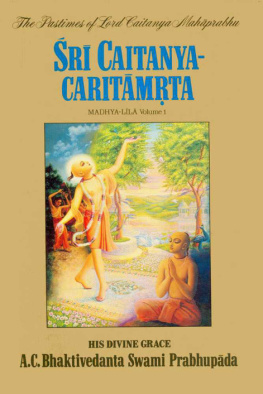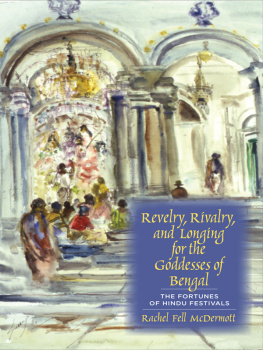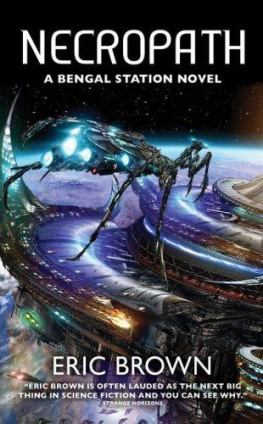
Caitanya Vaiavas in Bengal
Within the broad Hindu religious tradition, there have been for millennia many subtraditions generically called Vaiava, who insist that the most appropriate mode of religious faith and experience is bhakti, or devotion, to the supreme personal deity, Viu. Caitanya Vaiavas are a community of Vaiava devotees who coalesced around Ka Caitanya (14861533), who taught devotion to the name and form of Ka, especially in conjunction with his divine consort Rdh and who also came to be looked upon by many as Ka himself who had graciously chosen to be born in Bengal to exemplify the ideal mode of loving devotion (prema-bhakti).
This book focuses on the relationship between the transcendent intentionality of religious faith of human beings and their mundane socio-cultural ways of living, through a detailed study of the social implications of the Caitanya Vaiava devotional Hindu tradition in pre-colonial and colonial Bengal. Structured in two parts, the first analyzes the articulation of Ka-bhakti within the broad Hindu sector of Bengali society. The second section examines HinduMuslim relationships in Bengal from the particular vantage point of the Caitanya Vaiava tradition, and in which the subtle influence of Ka-bhakti, it is argued, may be detected. In both sections, the bulk of attention is given to the sixteenth and seventeenth centuries, when Bengal was under independent sultanate or emergent Mughal rule and thus free of the impact of British and European colonial influence.
Arguing that the Caitanya Vaiava devotion contributed to the softening of the potentially alienating socio-cultural divisions of class, caste, sect and religio-political community in Bengal, this book will be of interest to academics in the field of Asian Religion and Hinduism, in particular devotional Hinduism, both premodern and modern, as well as to scholars and students of South Asian social history, HinduMuslim relations, and Bengali religious culture.
Joseph T. OConnell was Professor Emeritus in the Study of Religion in the Department and Centre for the Study of Religion, University of Toronto, Canada. This book represents the culmination of his lifetime of scholarship.
Routledge Hindu Studies Series
Series Editor: Gavin Flood, Oxford Centre for Hindu Studies
The Routledge Hindu Studies Series, in association with the Oxford Centre for Hindu Studies, intends the publication of constructive Hindu theological, philosophical and ethical projects aimed at bringing Hindu traditions into dialogue with contemporary trends in scholarship and contemporary society. The series invites original, high quality, research level work on religion, culture and society of Hindus living in India and abroad. Proposals for annotated translations of important primary sources and studies in the history of the Hindu religious traditions will also be considered.
THE FUTURE OF HINDU-CHRISTIAN STUDIES
A Theological Inquiry
Francis X. Clooney
MODERN HINDU TRADITIONALISM IN CONTEMPORARY INDIA
The r Mah and the Jagadguru Rmnandcrya in the Evolution of the Rmnand Sampradya
Daniela Bevilacqua
THE GODDESS AND THE KING IN INDIAN MYTH
Ring Composition, Royal Power and The Dharmic Double Helix
Raj Balkaran
CAITANYA VAIAVISM IN BENGAL
Social Impact and Historical Implications
Joseph T. OConnell, edited by Rembert Lutjeharms
For more information about this series, please visit: https://www.routledge.com/asianstudies/series/RHSS
Caitanya Vaiavas in Bengal
Social Impact and Historical Implications
Joseph T. OConnell, edited by Rembert Lutjeharms
Every effort has been made to contact copyright holders for their permission to reprint material in this book. The publishers would be grateful to hear from any copyright holder who is not here acknowledged and will undertake to rectify any errors or omissions in future editions of this book.
First published 2019
by Routledge
2 Park Square, Milton Park, Abingdon, Oxon OX14 4RN
and by Routledge
711 Third Avenue, New York, NY 10017
Routledge is an imprint of the Taylor & Francis Group, an informa business
2019 Joseph T. OConnell; editorial matter, Rembert Lutjeharms
The right of Joseph T. OConnell to be identified as author of this work has been asserted by him in accordance with sections 77 and 78 of the Copyright, Designs and Patents Act 1988.
The right of the editor to be identified as the author of the editorial material, and of the authors for their individual chapters, has been asserted in accordance with sections 77 and 78 of the Copyright, Designs and Patents Act 1988.
All rights reserved. No part of this book may be reprinted or reproduced or utilised in any form or by any electronic, mechanical, or other means, now known or hereafter invented, including photocopying and recording, or in any information storage or retrieval system, without permission in writing from the publishers.
Trademark notice: Product or corporate names may be trademarks or registered trademarks, and are used only for identification and explanation without intent to infringe.
British Library Cataloguing-in-Publication Data
A catalogue record for this book is available from the British Library
Library of Congress Cataloging-in-Publication Data
Names: OConnell, Joseph T., author. | Lutjeharms, Rembert, 1981 editor.
Title: Caitanya Vaisnavism in Bengal: social impact and historical implications / Joseph T. OConnell; edited by Rembert Lutjeharms. Description: Abingdon, Oxon; New York, NY: Routledge, 2018. | Series: Routledge Hindu studies series | Includes bibliographical references and index.
Identifiers: LCCN 2018025055| ISBN 9781138334335 (hardback) | ISBN 9780429445392 (ebook)
Subjects: LCSH: Chaitanya (Sect)IndiaBengal. | VaishnavismIndiaBengal. | HinduismIndiaBengal. | VaishnavismRelationsIslam.
Classification: LCC BL1285.342 .O26 2018 | DDC 294.5/512095414dc23
LC record available at https://lccn.loc.gov/2018025055
ISBN: 978-1-138-33433-5 (hbk)
ISBN: 978-0-429-44539-2 (ebk)
Typeset in Times
by codeMantra
Contents
PART I
Ka-bhakti
PART II
HinduMuslim relations in Bengal
During his last visit to Oxford, in the spring of 2011, Joseph OConnell worked extensively on this book, which he hoped to submit to the OCHS/Routledge Hindu Studies Series. It was to be not merely a collection of his previously published articles, he told me then, but a careful selection and reworking of some so as to constitute a coherent book that would exemplify his long-standing attempt to learn something of the meaning and working of the world as experienced by religious persons who share the Indian heritage, as he put it in his Harvard doctoral thesis (OConnell, 1970, p. ii). We discussed the book occasionally during those two months he was a visiting fellow at the Oxford Centre for Hindu Studies, but mostly only in the most general terms. He shared with me one chapter he had already revised (), but did not feel the rest was ready to be shared yet. Also, very characteristically, Joe was much more eager to learn about the research and lives of all those at the Centre than to discuss his own, and during most of the time we spent together that spring, he inquired about my own work, encouraged me to pursue certain ideas, and we continued to do so after he left Oxford, through email correspondence. About a year later, on 6 May 2012, Joe suddenly passed away in New York.





